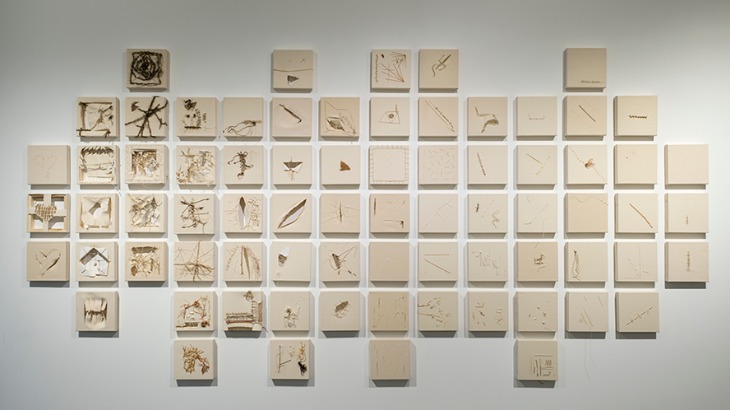 Editor’s Note: With the election of Prime Minister Justin Trudeau, hope for a national inquiry into missing and murdered indigenous women was realized. Read about the inquiry here. This post from 2014 itemizes some of the artists who have propelled the issue into the public arena.
Editor’s Note: With the election of Prime Minister Justin Trudeau, hope for a national inquiry into missing and murdered indigenous women was realized. Read about the inquiry here. This post from 2014 itemizes some of the artists who have propelled the issue into the public arena.
The award of this year’s Sobey Art Award to Aboriginal artist Nadia Myre underscores the country’s rising respect for First Nations activist art, a powerful multidisciplinary genre that reflects injustices experienced by Canada’s Indigenous people. (Above: From Myre’s Scar Project, selected for both the 2011 Montréal Biennale and 2012 Sydney Bienniale)
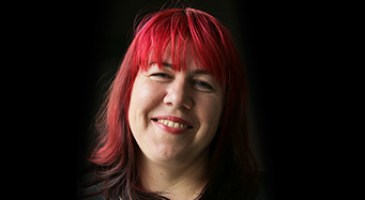 The jury for the prestigious award cited Myre for work that “creates a symbolic image of wounding and resilience that conveys something deeply human while addressing urgent social concerns.” Myre, an Algonquin of the Kitigan Zibi Anishinabeg First Nation, has a long practice inspired by themes of identity, language, longing and loss.
The jury for the prestigious award cited Myre for work that “creates a symbolic image of wounding and resilience that conveys something deeply human while addressing urgent social concerns.” Myre, an Algonquin of the Kitigan Zibi Anishinabeg First Nation, has a long practice inspired by themes of identity, language, longing and loss.
Those issues are common themes among Aboriginal artists but have come to wider public attention in recent years, in the wake of the tragedy of missing and murdered women, the residential schools debacle that led to Canada’s Truth and Reconciliation Commission, and a host of other indignities, new ones virtually every day. (Image of Myre, above: Sobey Art Award)
Myre created the Scar Project, an open lab where people sew a canvas representing a physical, emotional, or spiritual scar and write an accompanying narrative. In workshops with youth groups, seniors, prison circles, and schools, she has accumulated a collection of over 800 scars and stories which have been exhibited in galleries and museums in Canada and the US. (Above: Some of the Scar canvases. Credit: Melanie Lazarow.)
Scars are a recurring theme in high-profile contemporary Aboriginal art. Above: Governor-General’s Award winner Rebecca Belmore’s searing work, “Fringe.” Belmore, an Anishinaabe. uses sculpture, performance, photography and video to explore the treatment of Canada’s First Nations people, a journey which has made her one of the country’s foremost contemporary artists.
Here are links to other activist Aboriginal artists:
- Christie Belcourt: Honouring the spirit
- Moccasin project honors missing Aboriginal women
- Yuxweluptun’s Neo-Native Style
- Meryl McMaster: In-between worlds
Myre – whose Sobey award was announced last week – is also well-known for her long-term project that called on more than 200 friends, colleagues and strangers to help bead over all 56 pages of text in the Indian Act (above), the reviled federal legislation that governs the status of registered Indians and the management of reserve land. The act was mounted on cloth and sewn over with white and red beads (See Myre’s website, here)
Nadia Myre is a graduate from Camosun College (1995), Emily Carr University of Art and Design (1997), and Concordia University (MFA, 2002). Her work is held in numerous public and private collections, including Musée de la civilization (Québec), Musée National des Beaux-Arts du Québec, National Museum of American Indian, and Fonds Regional d’Art Contemporain de Lorraine in France. Her works are on permanent exhibition at the Montreal Museum of Fine Arts, the Canadian Museum of History and the National Gallery of Canada.
Discover more from Canadian Art Junkie
Subscribe to get the latest posts sent to your email.

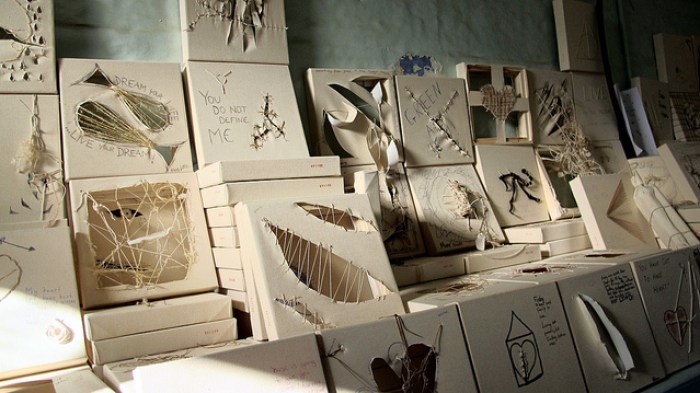
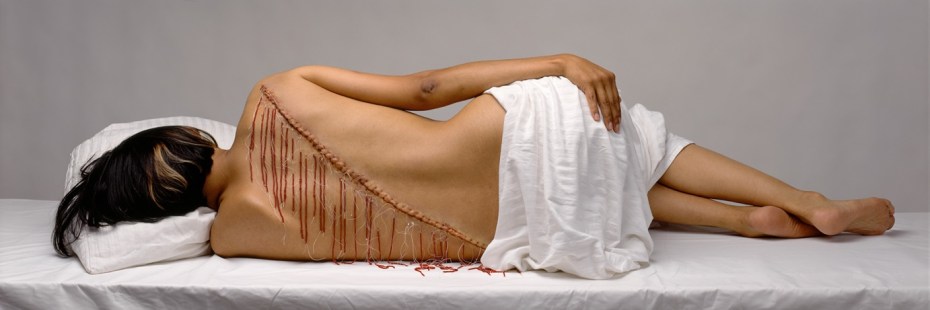
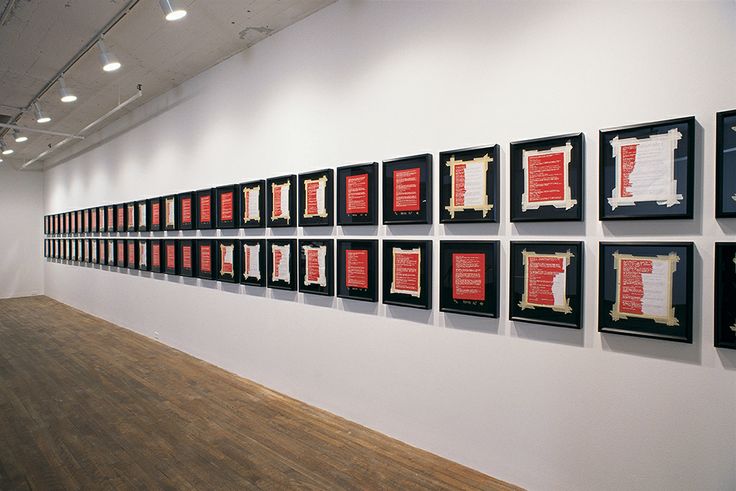
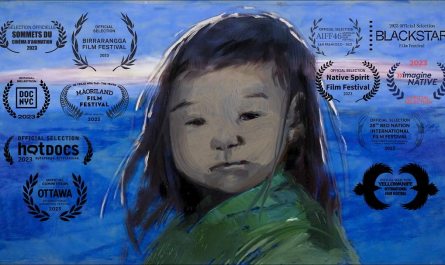
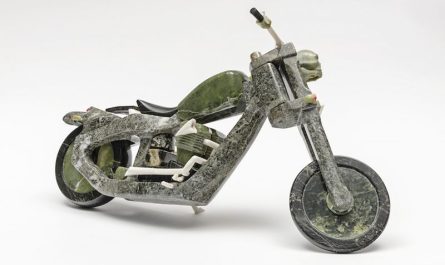
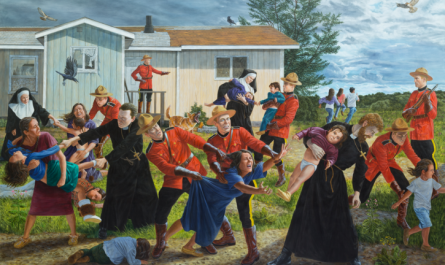
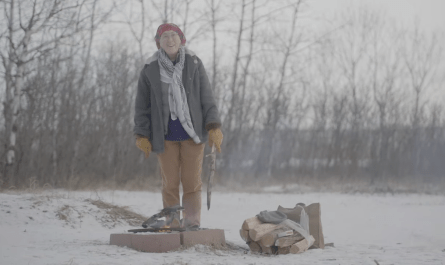
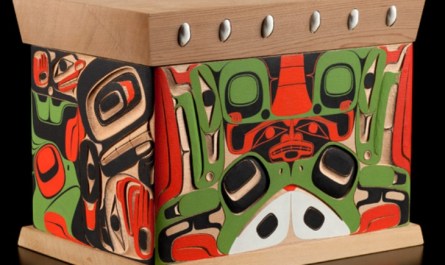
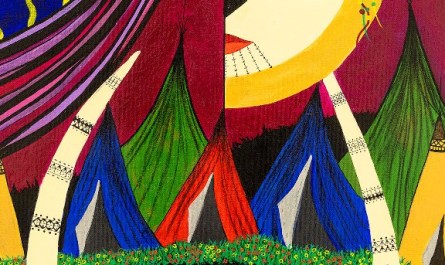
Reblogged this on Bulrush Gallery.
Reblogged this on yofumoenpipa.